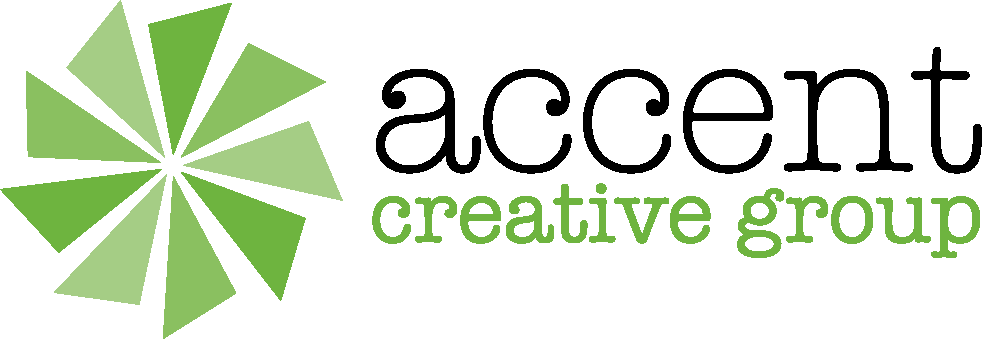We’ve all seen them. Heartbreaking photos of sea turtles and water birds trapped in six-pack soda rings, whales and porpoises who succumbed to the plastic in their bellies, sea lions caught in abandoned fishing nets. To combat the issue, we’re examining ways to limit harmful pollution in our oceans – from paper straws to biodegradable soda rings to the development of innovative solutions to rid the world’s oceans of debris. While we all ache at the thought of what is happening to our oceans, it’s also important that we do our part a little closer to home to help ensure we’re not contributing to the issue.
There are 16 Georgia Water Trails certified by Georgia River Network – many of which flow to our oceans. Feeding into each of those rivers are a series of watersheds, creeks and streams. These rivers are also tied to area lakes. For instance, the Chattahoochee and Chestatee Rivers feed Lake Lanier and, at approximately 50 miles long, the Yellow River Water Trail runs from Gwinnett through DeKalb, Rockdale, and Newton counties before ending in Lake Jackson. Here in Gwinnett, the Eastern Continental Divide cuts through the heart of Downtown Duluth. That means that water run-off in Lawrenceville and south Gwinnett flows to the Atlantic, whereas all the cities in line with the Chattahoochee River on the norther border of Gwinnett feed into the Gulf of Mexico.
There are a number of ways to combat pollution in our watersheds, creeks, streams, rivers and lakes:
- Take part in a cleanup event such as the upcoming Yellow River Trash Bash or Lake Lanier Shore Sweep on September 14. And don’t forget to mark your calendar for October 26 to take part in the Great Days of Service – Jackson Creek Watershed Cleanup and Festival.
- Adopt-A-Stream through Gwinnett Clean & Beautiful and have a hand in the regular monitoring and maintenance of a stream in your community. Be sure to attend regular workshops to discover the Chemical and Bacterial parameters of water quality, while learning how to test the dissolved oxygen, temperature, pH, and conductivity of the water. At the end of each 2-2.5 hour course, you can test to receive your official Georgia Adopt-A-Stream Certification in Bacterial and/or Chemical Monitoring.
- Protect against Runoff During a Rainstorm – Every time it rains, chemicals, bacteria and litter from our roadways is washed into our storm drains. Keep in mind that storm drains are not part of the sanitary sewer system in Gwinnett County and do not lead to water treatment facilities. Any water, or pollution, that enters a storm drain will drain into our waterways. Do your part to guard against the overuse of fertilizer and pesticides that could equate to the excess washing into waterways. Even keeping your car maintained has an impact on the environment. Oil leaking from your car makes its way to our waterways, so make repairs as soon as you notice a leak. Recycle any waste oil, avoiding the temptation to pour it onto the ground or into a storm drain. If you have a septic system, have it checked and maintained regularly to make sure it is functioning properly and not contributing to a larger problem. And – lastly – pick up after your pets. Animal waste can contribute to bacteria buildup.
- Put Litter in its Place – It sounds simple enough, but clearly it bears repeating. On top of NOT contributing to the issue of litter by putting any trash in the proper waste can/recycling receptacle, you can have a hand in picking up where others failed to do so through Adopt-A-Road. You, your company, family, church, civic group or neighborhood can adopt a stretch of road to patrol at regular intervals and host cleanup events. Each adopted section of road will be marked with two signs with your group’s name. In addition to keeping our roadways litter-free to reduce pollution that can be washed into our waterways, it’s a great way to let the world know you care about your community.
For additional ways to combat litter on land, shore, stream, river and lake, be sure to visit www.GwinnettCB.org often to view our programs and volunteer opportunities. We also regularly post about upcoming events on our Facebook, Twitter and Instagram pages.
Image Credit: Lanier Islands




